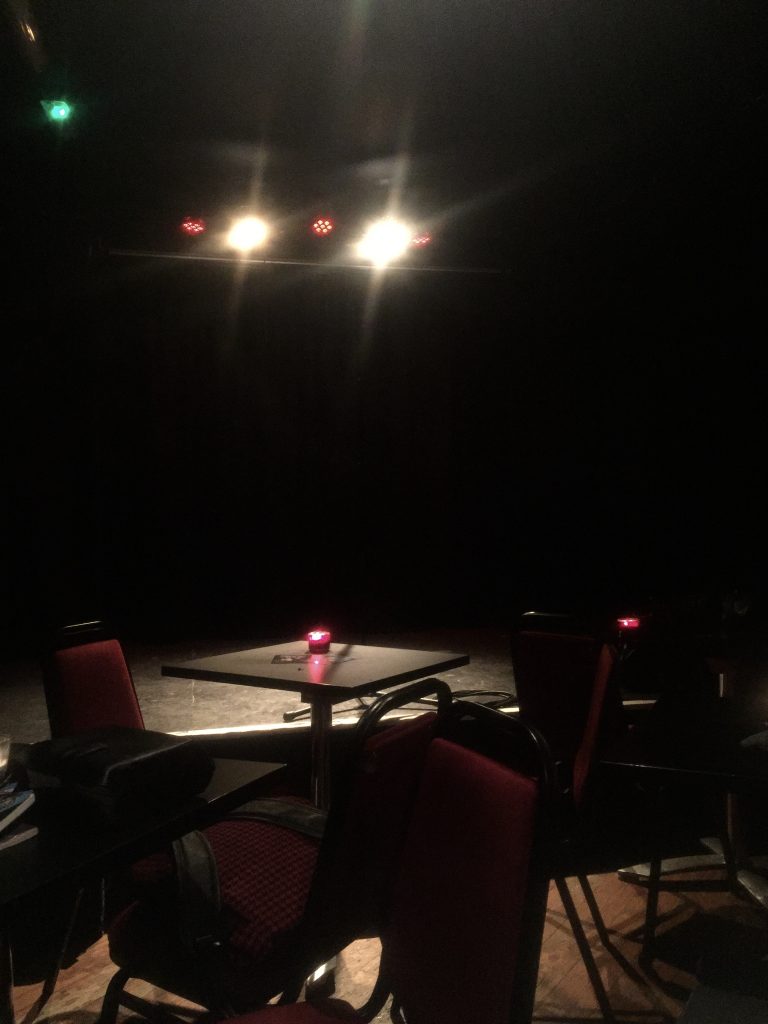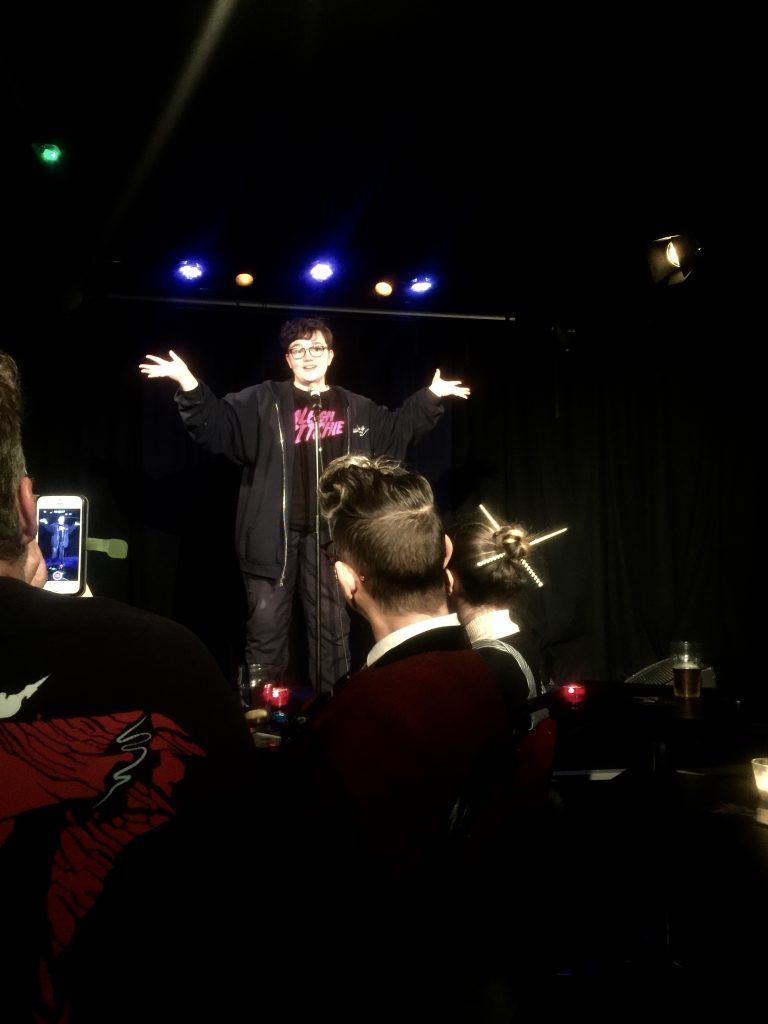
Poetry slams are not just for weirdos, and here is why
Imagine the US election debate but with a theme and more rhyme
Yes, you are awake and this isn’t the 17th century. The days of poetry are not numbered but still alive and kicking in the underbelly of many bars and clubs.
I feel that everyone needs poetry in their lives. In fact, all of us listen to poetry everyday. Before now, would you ever have considered that our modern day icons, like Bieber, Drake, Beyoncé are all poets? And I don’t mean they recite Shakespeare’s sonnets on stage, but writing lyrics with a rhyme scheme is basically poetry.
On Valentine’s Eve, I had the privilege to attend a spoken word event held in Komedia, Brighton. However, it wasn’t your typical wishy-washy, lovey-dovey poetry reading. This was an anti-Valentine’s slam showcasing some of the UK’s best performers such as Joelle Taylor and The Repeat Beat Poet, as well as upcoming acts like Aislinn Evans.
Speaking to the performers before the show taught me a lot about what slam poetry is all about. Poets take centre-stage to compete by reading their poetry, set to a specific theme, and their reading is marked by judges or audience members, then the overall winner becomes a slam champion. Events can take different forms as there is no set rule.
Whilst only the headlining poets took the stage for Linguistic Calligraphy, other spoken word events allow audience members to come up and read their own poetry to take part in the slam. As that may be only for the brave-hearted, you can still take part by just sitting back and listening to other poets read out their work. Any participation is good participation. Plus the event definitely showed that poetry isn’t all about love. It can be about anything; heartbreak, politics, or even a love poem dedicated to your bed.

Before the show, I ordered my lemonade and luckily managed to sit down near the front as the studio was completely packed out. It made me realise that, whilst it may be thought spoken word events are underrated and undiscovered by a majority of the younger generation, it was definitely not unknown or unloved. The studio itself was relaxed and chilled, lit only by the light of candles; could it get any more romantic, or should I say anti-romantic?

As each of the acts reeled off one by one, you definitely could tell they all had their own tastes and ways of performing their poetry; Aislinn Evans spoke about deep and emotional experiences whilst The Repeat Beat Poet asked the audience to clap a beat as he spoke. It was invigorating, and the poet-audience participation was just as engaging as the act itself.
Most of all, it evoked comical, touching, beatific, and gloomy aspects all in one evening. Linguistic Calligraphy lasted about two and a half hours, with regular 15 minute intervals, but spoken word events can be longer or shorter, so it depends how long you think you can handle it.

Whilst I’m not forcing you to read the Odes of Keats repeatedly, but slam poetry is definitely not just for lovers of literature and poetry. It’s for lovers of music and passion, and everybody capable of feeling or expressing their emotions. “Better out than in”?
If you’re thinking of attending a spoken word event, Brighton is definitely not lacking in that area. The Hope & Ruin on Queen’s Road holds Hi Zero Contemporary Poetry monthly and Redroaster on St James’ Street holds various events throughout the month such as Pighog poetry nights and Little Lamp. Not forgetting the weekly and monthly spoken word events at Komedia.
They even do a discount for students at about 20% off normal pricing. However if you find spoken word events aren’t to your taste, Sussex has its own poetry and literature societies including Dead Living Poets’ Society and Read Between The Wines where you can drink copious amounts of alcohol whilst reading poems and novels…it’s the best of both worlds really. So there’s no harm in trying something new and you might enjoy it even more than you think you will.









































